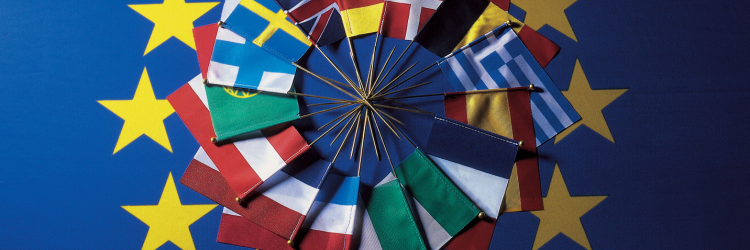EU Adds New Rules to Further Crack Down on Big Tech
The European Union (EU) has chosen 22 “gatekeeper” services, run by six of the world’s largest tech companies, to face new rules as part of its latest crackdown. The EU Digital Markets Act (DMA) will apply to services from such companies as Alphabet, Amazon, Apple, Meta, Microsoft, and TikTok owner ByteDance. The tech companies have six months to comply with the provisions of the DMA.
This Act is seen as a companion piece to the Digital Services Act (DSA), which imposes greater responsibilities on tech companies for content shared on their sites. The DMA is designed to level the playing field between Big Tech companies and smaller competitors.
Under the DMA, companies with more than 45 million monthly active users and a market cap of 75 billion euros ($82 billion) are considered gatekeepers. They must make their messaging apps interoperate with rivals and let users decide which apps to pre-install on their devices. Companies that fail to comply can pay fines of up to 10% of their annual global turnover for DMA violations.
Gatekeepers could ask for an interim measure to suspend the application of the rules, but that would require a legal case in the EU Court of Justice in Luxembourg. Following the intro of DSA rules, Zalando took the Commission to court in June.
So far, Microsoft has accepted its gatekeeper designation, and Meta, Google, and Amazon indicate they are reviewing the designations. Apple and TikTok are not happy.
TikTok said it “fundamentally disagreed with this decision” and was “disappointed that no market investigation was conducted prior to this decision,” adding it was considering its next steps. Apple says it is “very concerned about the privacy and data security risks the DMA poses for our users.”
Alphabet’s Gmail, Microsoft’s Outlook, and Samsung’s browser were exempted after the companies provided sufficiently justified arguments showing that these services do not qualify as gatekeepers. The Commission has also opened four investigations to assess Microsoft’s and Apple’s claims that some of their core platforms, such as Bing, Edge, Microsoft Advertising, and Apple’s iMessage services do not qualify as gateways.

